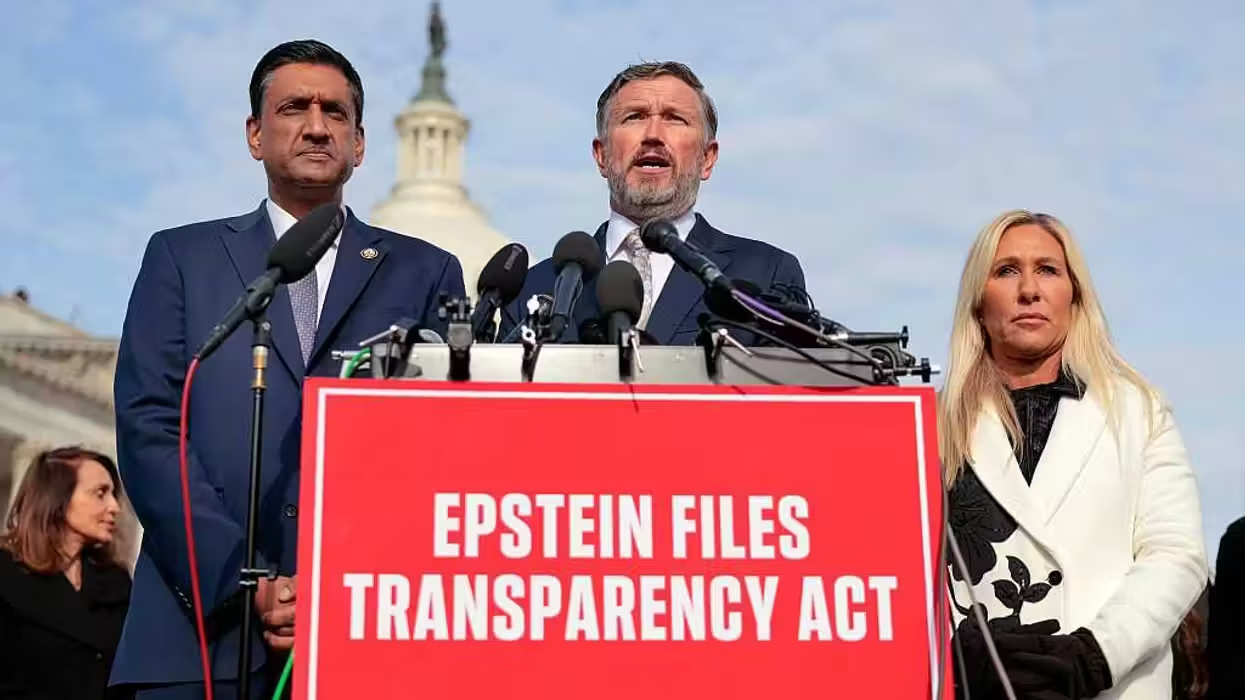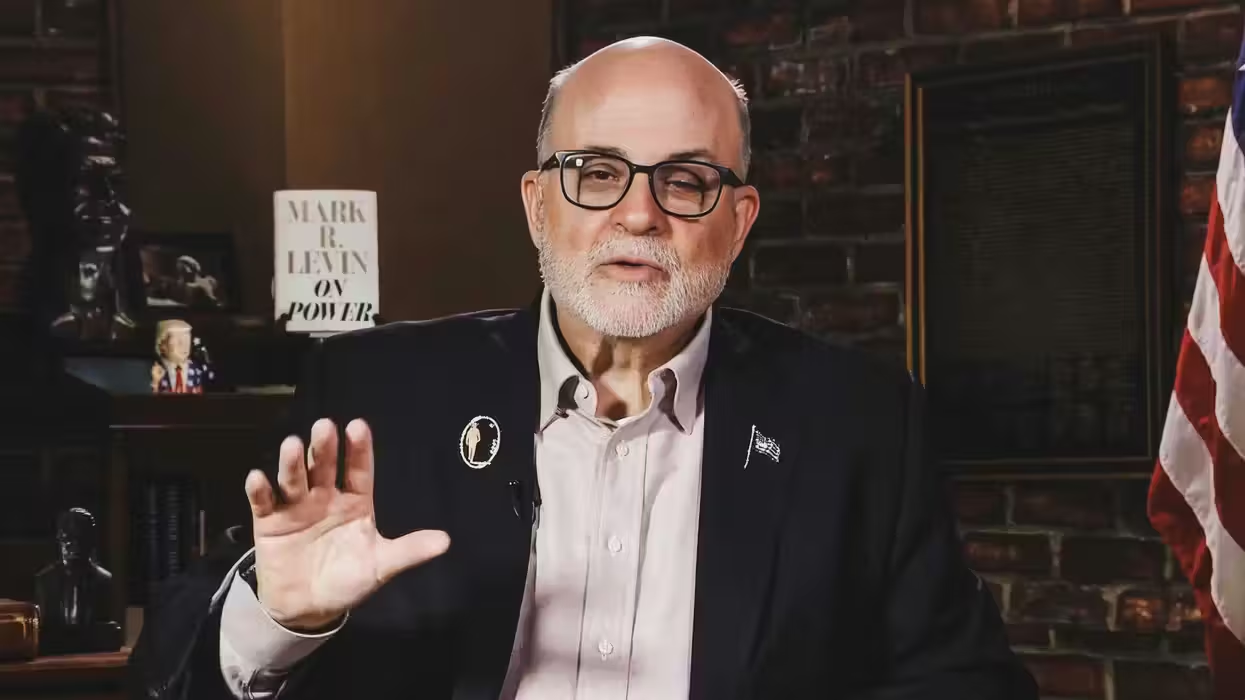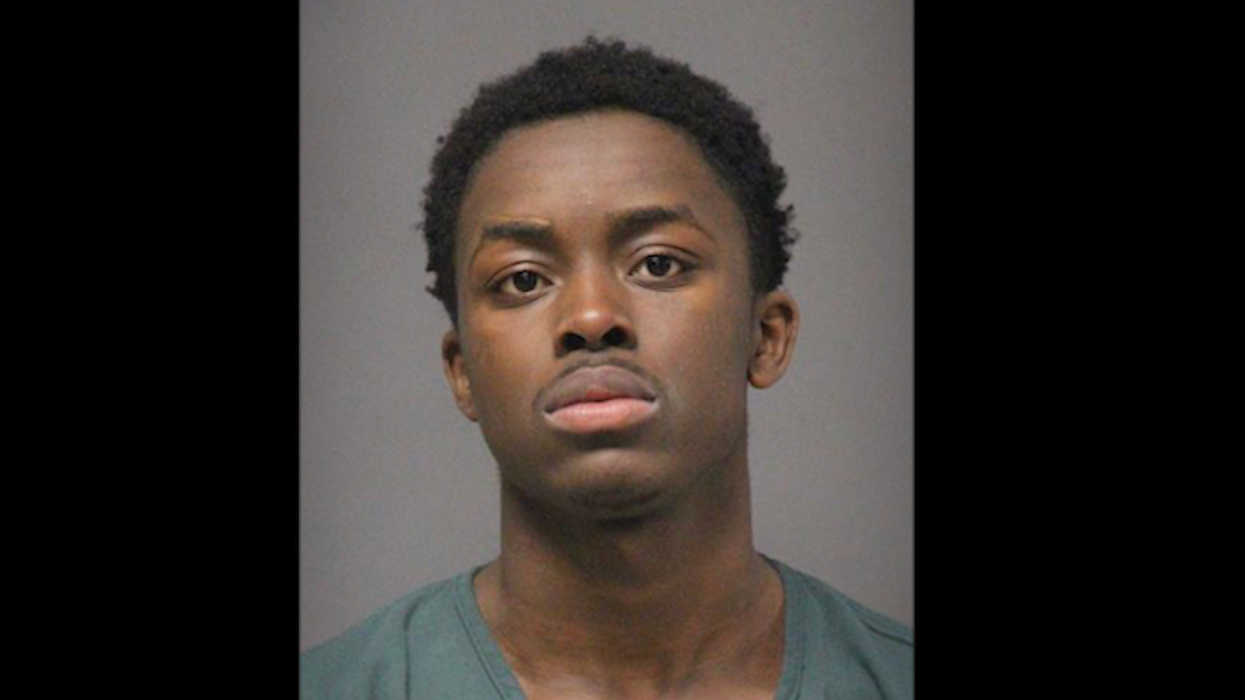Police from 10 different departments in California's Bay Area have come out against proposed legislation to restrict situations in which officers are allowed to use lethal force, according to KPIX-TV.
"Everyone is at a higher risk if the use of deadly force is authorized only when it is completely necessary," San Rafael Police Chief Diana Bishop said.
What's the story?
Several California lawmakers, with the help of American Civil Liberties Union leaders, have authored a bill that would change the standard from "reasonable force" to "necessary force" when considering how to respond to dangerous situations with suspects. This means officers could only shoot suspects if "there were no other reasonable alternatives to the use of deadly force."
The bill stemmed from the death of Stephon Clark, an unarmed 22-year-old suspect in Sacramento who was shot and killed by officers who were pursuing him in response to reports that he was breaking into cars. Many social justice advocates believe the officers should have used non-lethal force to confront Clark instead of shooting him.
Officers across the state of California are pushing back, and trying to get the public to realize that officers are forced to make life-and-death decisions in a matter of seconds.
"The challenge we have in this profession is we deal with rapidly evolving events," Vacaville Police Chief John Carly told KPIX.
Police officers in Fairfield used a training simulation to show exactly how fast things happen and how quickly officers have to react when they believe they're facing an armed suspect.
"The police, who are sworn to serve and protect the communities, are going to be expected to exhaust all possible alternatives in hindsight," Carly said. "That's unreasonable."
Related incidents
Other police shooting incidents in recent weeks and months have added fuel to the debate about when officers should be allowed to shoot at suspects.
In Chicago, students are protesting against University of Chicago police for shooting and wounding an aggressive and apparently violent suspect who was allegedly having a mental health breakdown. Some students are calling for campus police to be completely disarmed.
In New York, police shot and killed a man who reportedly has bipolar disorder after believing a pipe the man was holding was a gun. The man had been pointing the pipe at passers-by as if it were a gun.







